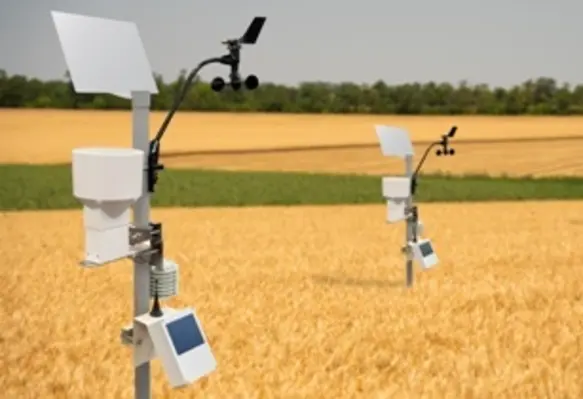The International Fund for Agricultural Development (IFAD), SAARC Agriculture Centre (SAC), International Food Policy Research Institute (IFPRI) and SAARC Development Fund (SDF) have launched a partnership for scaling-up climate-smart agriculture in South Asia
The central objective of the partnership is to develop evidence-based strategies to collectively tackle the impact of climate change in South Asia.
The partnership will focus on promoting sustainable and resilient agricultural intensification in South Asia through building the capacity of institutions and enhancing skills, to scale-up climate-smart strategies and technologies.
Abdelkarim Sma, lead regional economist, IFAD, “The agreement will strengthen IFAD’s partnership with SAARC to work together on improving food security and to benefit smallholder agriculture in the region. The project will look at climate-smart agriculture technologies and practices in the context of farming systems that integrate benefits for adaptation, nutrition, and women and youth.”
The consortium kicked off with an initial pilot investment of about US$3.1mn provided by IFAD, SAC, IFPRI and SDF. The partner organisations believe that the size of investment will grow in the coming years.
The SAARC Agricultural Centre (SAC) will promote and support regional cooperation among SAARC Member States (SMS) in fostering sustainable and resilient agricultural adaptation in South Asia. Currently, cross-border cooperation between national agricultural research and extension systems (NARES) in South Asia has largely remained constrained due to lack of capacity.
Esala Ruwan Weerakoon, secretary-general of SAARC, “This multi-country project is the first of its kind in the region, which has been launched at a time when climate change has emerged as a major threat to the agricultural landscape. Given what is at stake, the SAARC Agriculture Centre has taken this far-reaching initiative to promote sustainable and resilient agriculture intensification in South Asia.”
A thorough mapping exercise will be conducted at the regional level on the impact of climate change, to identify agro-ecosystems, and cross-disseminate viable technologies and practices which will help to accelerate impacts and outreach of the current national research efforts.




